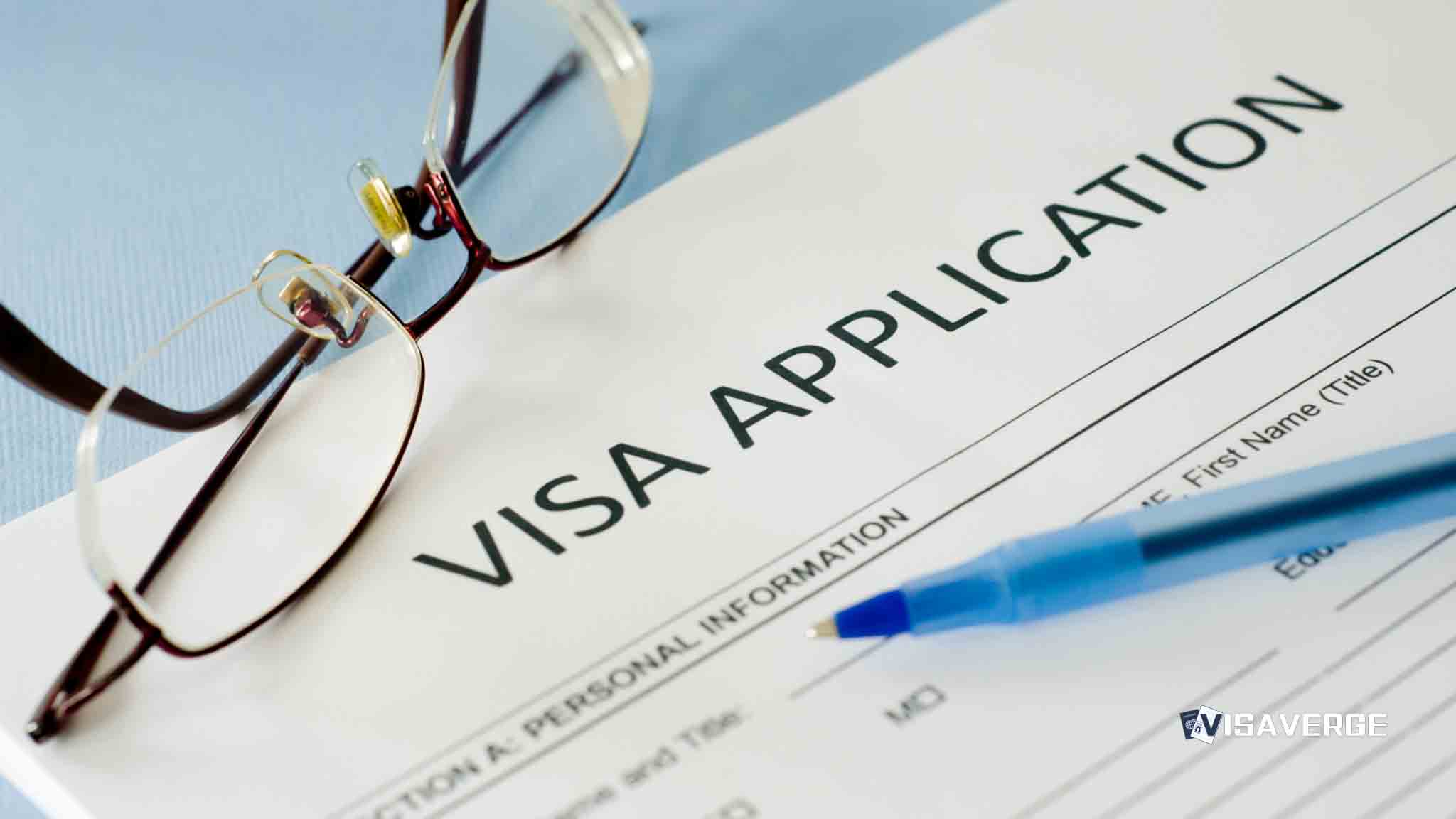Dessa’s Midwest concerts face major changes after U.S. visa denials for her South African collaborators, the 29:11 Ensemble. As of July 29, 2025, Dessa will perform in Minneapolis, Sioux Falls, and Earlham without the 29:11 Ensemble, while shows in Chicago and Madison are postponed to December, hoping visa issues will be resolved by then.
The 29:11 Ensemble, a 12-member choir and band rooted in South African traditions, was set to join Dessa for concerts, workshops, and church events in Minnesota. Dessa called the visa denial a “garbage update” on social media, sharing her heartbreak and frustration. She stressed the group’s cultural value and their history of successful U.S. tours, saying, “It’s a loss for everyone who values music and cultural exchange.”

These U.S. visa denials are not isolated. Since April 2024, U.S. Citizenship and Immigration Services (USCIS) has made it harder for international artists to perform in the United States 🇺🇸. New rules include higher fees, stricter paperwork, and more security checks for artist visas, especially O and P categories. The current administration’s focus on security and reducing the federal workforce has led to more delays and unexplained rejections.
As of January 17, 2025, interview waivers for O and P visas are only available to those who held the same visa category within the last 12 months. This makes it much harder for groups like the 29:11 Ensemble to return, even if they have a strong record of following U.S. rules. Visa application fees have also increased, and applicants must use the latest version of Form I-129, which can be found on the official USCIS website.
Consular processing now requires all DS-160 forms to be submitted at least two business days before interviews, and the barcode must match the interview booking. Any mistake leads to automatic rescheduling, causing further delays. While new social media vetting rules mainly affect student and exchange visas, they show a trend toward more scrutiny for all visa applicants.
The impact goes beyond Dessa and the 29:11 Ensemble. Many international artists have canceled or postponed U.S. tours in 2025 due to visa problems. Advocacy groups like Tamizdat report a sharp rise in artist visa denials and delays, blaming policy changes, fee hikes, and stricter vetting. As reported by VisaVerge.com, these changes threaten the future of cultural exchange and live performances in the United States 🇺🇸.
Artists and promoters face financial losses and missed opportunities, while U.S. officials say the changes are needed for national security. Advocacy groups warn that continued restrictions could harm the country’s cultural life and reputation.
For now, Dessa’s postponed shows may be rescheduled if visa issues are resolved, but uncertainty remains. Those needing help with the artist visa process should check the USCIS official site for updates or contact Tamizdat for support.
The 29:11 Ensemble’s visa denial marks a sharp change from past years, showing how recent U.S. policies make it much harder for international groups to share their music and culture.
Learn Today
USCIS → U.S. Citizenship and Immigration Services, the agency managing immigration and visa applications.
O and P visas → Special visas for international artists and performers to legally work and tour in the U.S.
Interview waiver → An exception allowing certain visa applicants to skip in-person interviews under specific conditions.
DS-160 form → Online nonimmigrant visa application form required to schedule the U.S. visa interview.
Consular processing → The procedure of applying for a visa through a U.S. embassy or consulate abroad.
This Article in a Nutshell
Dessa’s upcoming Midwest concerts face major reshuffling after visa denials block her South African 29:11 Ensemble. New U.S. policies impose stricter O and P visa rules, causing delays and cancellations. These changes harm cultural exchange and live performances, leaving artists and fans uncertain about future tours and opportunities.
— By VisaVerge.com













